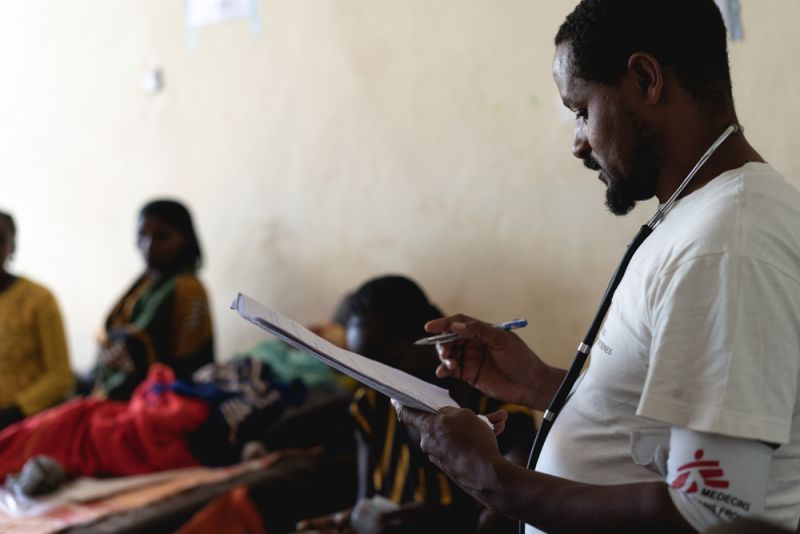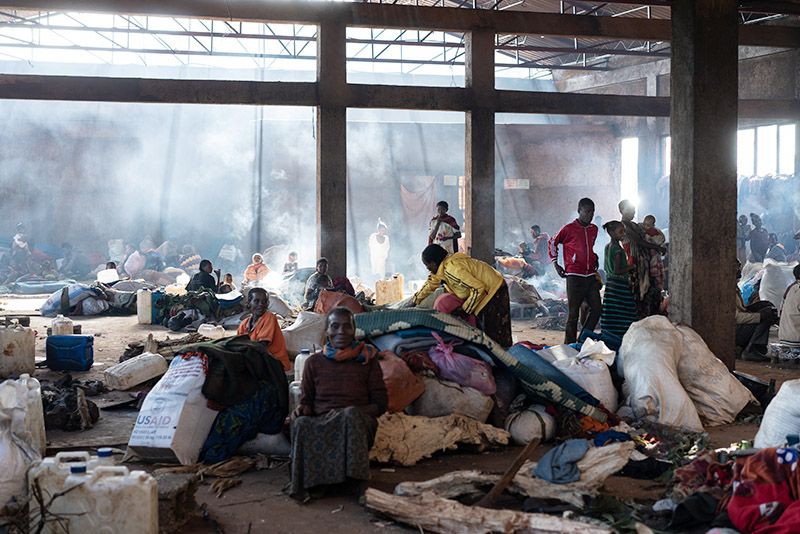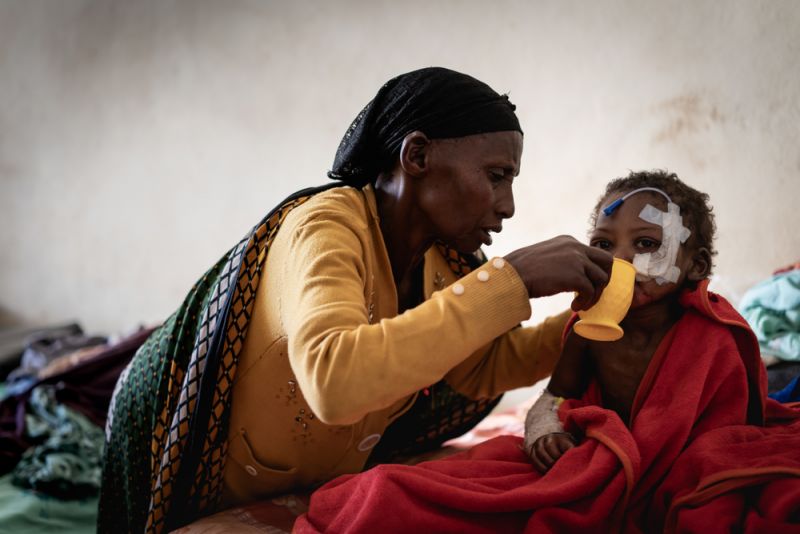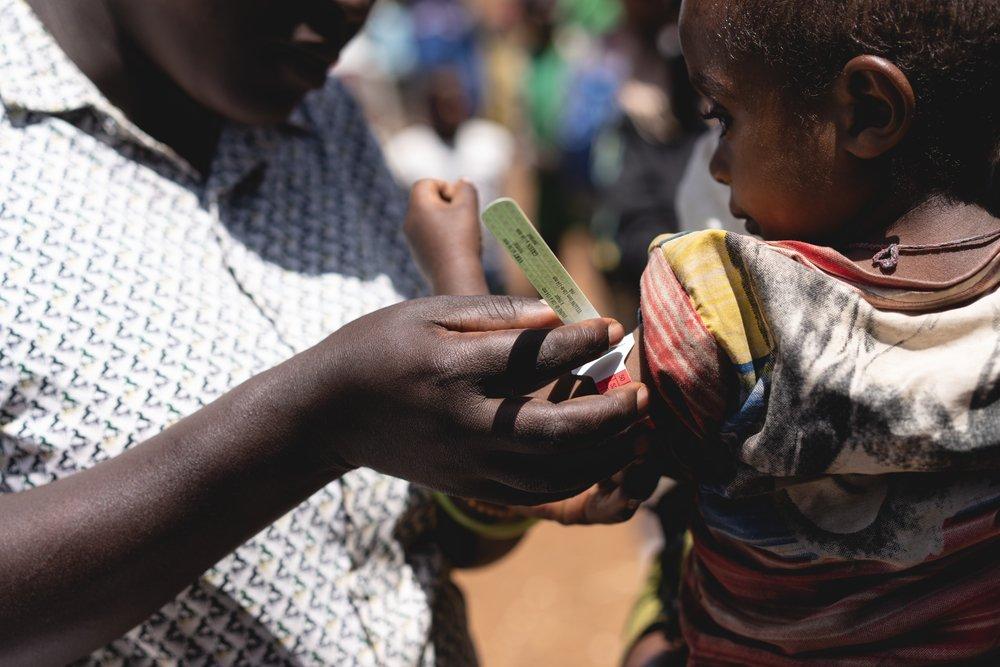Over 900,000 people have been displaced along the border between Gedeo and West Guji zones, respectively in the Southern Nations, Nationalities, and Peoples' Region (SNNPR) and Oromia regions of Ethiopia, due to a recent surge of inter-communal violence.
After an initial assessment of the crisis, MSF has launched an emergency response to address the most urgent needs of displaced people.

“Given the scale of the emergency, and with so many people displaced from their homes in such a short space of time, getting shelter, essential relief items, water, hygiene and health services in place is a priority,” says Alessandra Saibene, who is coordinating MSF’s emergency response.
“Most people left their homes in a hurry and arrived with nothing. Families are sleeping on the floor in vacant buildings, like schools or churches, and sometimes even on the bare ground outside with only banana leaves or a plastic sheet for cover.”
Even before the current crisis, the region was one of most densely populated places in the country.
The rapid influx of displaced people has further stretched the available resources and public services.
Despite a government-led intervention providing healthcare, food and essential relief items, there are still serious gaps in the provision of shelter, water, sanitation and hygiene services, with living conditions being of particular concern.

“When so many people live together in crowded and cramped conditions, with limited access to clean water and insufficient latrines, the risk of outbreaks of communicable diseases is very high.
We need to act quickly to improve the conditions in the sites where displaced people are staying, otherwise the situation will only get worse.”
MSF, in coordination with other humanitarian actors, is urgently building latrines and installing water and sanitation infrastructure in Kochere and Gedeb districts.
The organisation is also trucking in clean water for people to drink, and improving hygiene and water access in local health facilities.
In addition, MSF is supporting health centres and hospitals with primary and secondary medical services, and is aiming to distribute essential relief items including blankets and cooking utensils.
“We are working with the Ethiopian Regional Health Bureau to ensure that people have access to basic, lifesaving healthcare. Our medical teams have conducted over 19,000 outpatient consultations, of which around 6,700 where of children under 5.
We have also supported the government with a vaccination campaign for children, protecting them against measles.”

Most of the patients in MSF medical facilities suffer from diarrhoea, intestinal parasites, respiratory tract infections and skin infections caused by poor, overcrowded living conditions and a lack of clean water.
With the colder weather approaching and the upcoming rainy season, conditions may dramatically deteriorate, with dire consequences for people’s health.
Therefore, in close coordination with the authorities, MSF is ready to rapidly implement all the preventive measures deemed necessary to protect the population.
“During the rainy season, household food resources are almost completely depleted, so general food distributions need to be ensured throughout the duration of the crisis to avoid malnutrition.
A rapid and sustained response is needed from non-government organisations and the local authorities, with continued commitment of donors.”
Find out more about MSF's work in Ethiopia.
